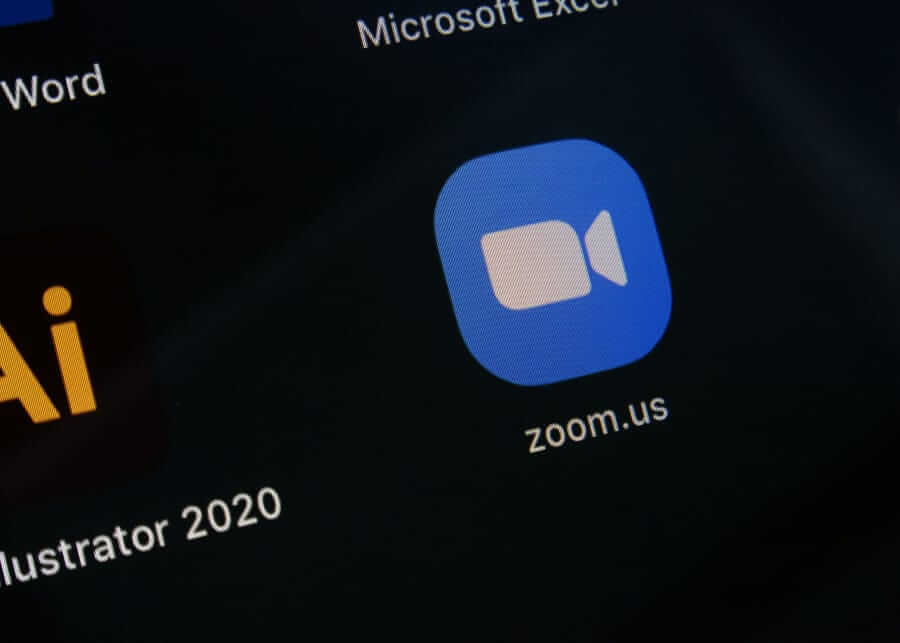Often, you can predict which meetings are going to be unproductive from the moment you get that initial email invite. There's the “planning meeting” where you hash out ideas that probably should've been hammered out earlier or the “update meeting” that could likely be accomplished with a bulleted email or the always popular “brainstorming session” where extroverts spend most of the time shouting out random ideas. Why not skip them? Have you ever even considered this as an option? Of course, some are harder to escape than others—especially if the invitation comes from your boss, a key client or a respected colleague. But there are ways to get out of a meeting that you know will be unproductive, or at least to limit the damage it will do to your productivity and time.

Advertisement
No Agenda = No Meeting
When you're invited to a meeting with no agenda, you can almost be sure it will be unstructured and meandering (read: long and unproductive). You can always decline the meeting by saying “Without an agenda, I'm not sure if I'll have much to contribute at this time. If you can update the invite with an agenda, I'll gladly attend if it's appropriate.” Often, these invites are never updated and you've just gotten out of a meeting without looking like a flake.
Voice Productive Alternatives
Even though a meeting seems unnecessary, it likely wouldn't be smart to tell the organizer that you think it's pointless. Instead, Jayson Demers, the founder of AudienceBloom, suggests you decline by offering alternative options. Rather than saying “I don't need to be in this meeting,” you can say, “I think it might be more productive if I work on completing X Project this afternoon instead.” Or instead of saying “this meeting isn't necessary,” you can say, “I think a detailed email update might be sufficient.” This strategy keeps your opinions from sounding like complaints or direct objections.
First In, First Out
If you can't get out of the meeting entirely, Jon Petz, the author of Boring Meetings Suck, has a clever tactic. Once you receive a meeting request, respond with a note saying “looks great. I'll be there. However, I'm hoping we could meet a few minutes before the meeting. I want to share my updates and thoughts in person because I'm not able to attend the entire meeting.” Then meet beforehand and share some good, legitimate input. This is key. You'll also be able to grab a seat by the door for your discreet exit a few minutes into the meeting. “Simply walk out, nothing more than a thankful nod needed,” says Petz. “The other dumbfounded attendees jealously glare, but the host regards you as a committed team member.”
Get Out of
Doing a Favor
The first rule of favors is to never immediately agree to do a favor. You can say:
“I'll take a look”
“Happy to consider it”
“I'm honored you asked”
But never: “Sure.”
Advertisement